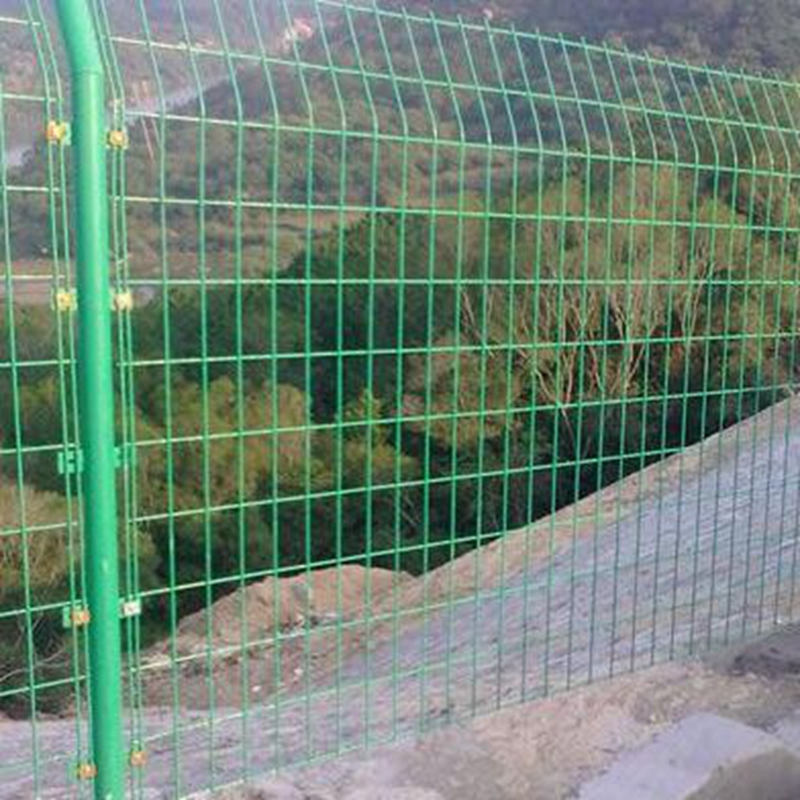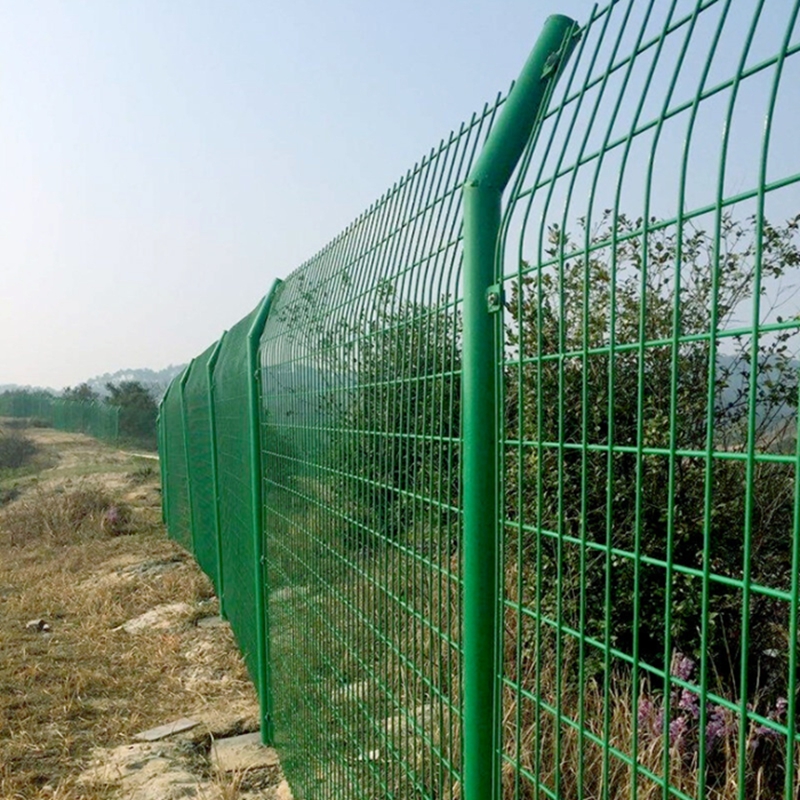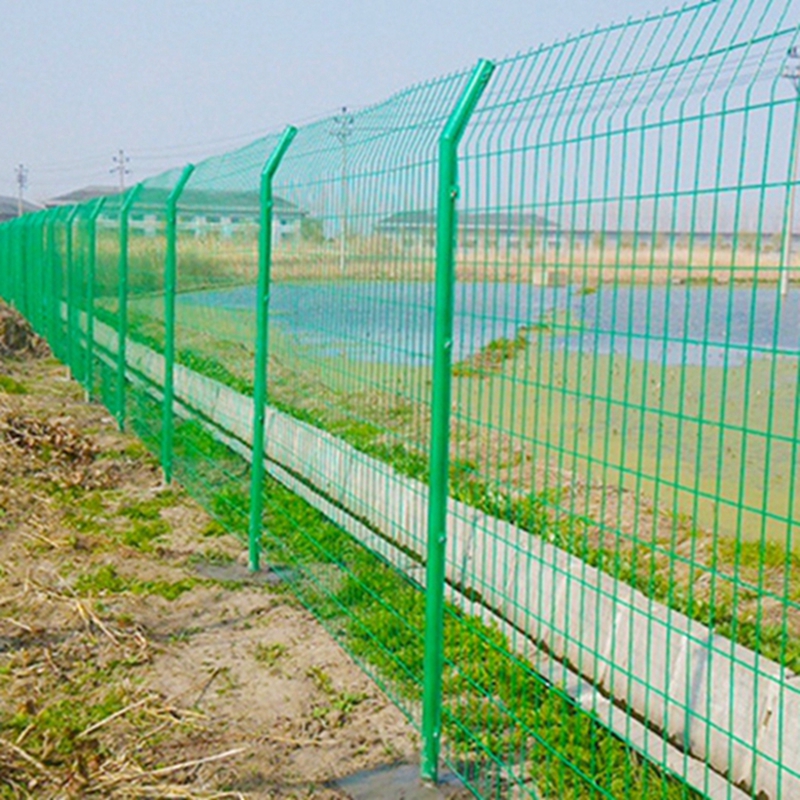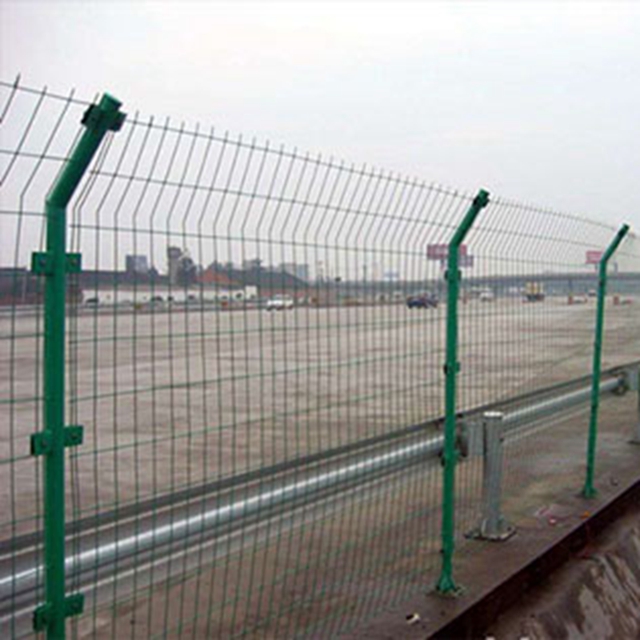0 Preface With the continuous improvement of social life, people put forward higher requirements for their work and living environment. Comfort, health, energy saving, pollution-free become a new generation of air-conditioning system to pursue the goal. Along the trend, the company successfully developed a soil heat pump unit for radiant panel systems.
1 For radiant panel systems Soil heat pump units Introduction Soil heat pump units for radiant panel systems have their own unique features and controls. First of all, the new wind turbine system with heat pump function is added. The new fan not only for users perennial delivery of fresh air of appropriate temperature, but also bear the indoor air dehumidification load, to prevent condensation of the radiant panel, in winter to add a fresh air preheating function. Furthermore, the control embodies the concept of people-oriented: safe, convenient and flexible. System structure See the working principle of soil heat pump unit (Figure 1).
The electric control system of the soil heat pump unit is more complex, the host and the new fan are independent two sets of refrigeration systems, which are closely linked through the indoor key parameter of dew point temperature to coordinate the work so as to create a comfortable and healthy Living space.
2 soil heat pump power control system design
2.1 soil heat pump electrical control design overview
Soil heat pump cooling, heating, ventilation three working modes.
Cooling mode: start the unit, start the new fan and work in the dehumidification mode, this time, the fan speed operation, the new air valve is closed, the indoor air bypass valve open, the exhaust fan does not work, indoor air circulation dehumidification, and gradually reduce the indoor Air dew point temperature. After 30 minutes, indoor dew point temperature, if the dew point temperature drops to the set point tdew1, send a signal to the host, the host starts cooling, chilled water to the radiator. Host water temperature setting will change with indoor dew point temperature for dynamic adjustment. When the dew point temperature drops to the set point tdew2, the fresh air valve opens, the exhaust fan starts, the blower runs at a low speed, and the fresh air is delivered to the user.
Heating mode: the new fan and the host at the same time start. The new air valve opens, the blower operates at low speed and delivers fresh air to the interior. In the heating mode, the fresh air can be preheated function, the humidification equipment is installed on the air supply side to detect the relative humidity in the room. When it is detected that the indoor air is dry and does not meet the design requirements, the air humidifies the air supply. The main compressor starts, delivering suitable hot water to the radiant panel.
Ventilation mode: The fresh air valve is opened, the bypass valve for indoor air return is closed, the air blower and exhaust fan operate at high speed, and the fresh air is delivered to the user.
2.2 soil heat pump electric control design points
2.2.1 Dew-point temperature collection: The dew-point temperature is a key parameter of the soil heat pump system. Two parameters of indoor relative humidity and dry-bulb temperature are used in the design. Using the control board, Corresponding air conditioning area dew point temperature. According to the value of indoor dew point temperature control of the working status of the new fan and the host start and stop, and require tdew1, tdew2, Δt1, Δt2 adjustable parameters. See Figure 2
Figure 1 unit working principle diagram
1, the new air valve 2, return air bypass valve 3, heat recovery 4, exhaust fan 5, air blower 6, fin heat exchanger
7, four-way valve 8, compressor 9, gas-liquid separator 10, outdoor side heat exchanger 11, two-way filter
12, two-way thermal expansion valve 13, expansion tank 14, indoor water pump 15, outdoor water pump
Figure 2 dew point temperature setting diagram
2.2.2 cooling hanging plate water temperature setting: In order to improve the host operating efficiency, to avoid frequent start host, the host water temperature (delivered to the radiator) set point, within a certain range with the indoor dew point temperature requirements for dynamic Adjustment. Dew point temperature dropped, the host of the water temperature set value also decreases, increasing the radiating plate cooling capacity.
2.2.3 fan automatic gear shift: blower, exhaust fan should be based on different operating modes of the unit, automatic shift. In meeting the system performance requirements under the premise of the fan can run at low speed, and strive to reduce system noise and noise.
2.2.4 The indoor temperature setting takes precedence over the host water temperature setting to control the soil heat pump unit start and stop. That is when the indoor temperature reaches the user's set requirements, you can control the host compressor or all of the inputs, quit running.
2.2.5 Host adopts dual-head or multi-head combination (except for the capacity of small units, cooling capacity ≤ 10kW), energy classification can be adjusted.
2.2.6 Auxiliary heating function: The fresh air preheating function in heating mode: When the fresh air temperature drops to the set value in the cold season, start the fresh air preheater to prevent the frost in the heat exchanger's channel. Fresh air preheater PTC ceramic material. This kind of ceramic heating element has small thermal resistance and high heat exchange efficiency. Its most prominent advantage lies in the safety performance of its work. That is, the PTC heater can not sufficiently dissipate heat due to fan failure. The power will drop sharply, at this time the surface temperature of the heater is maintained at a Curie temperature of about 250 ° C., and there is no danger of burning.
2.2.7 The system can be configured remote telephone control, open off, off units, pre-cooling (hot) room.
2.2.8 Various safety assurance measures necessary for system operation: Exhaust pressure protection of compressor, suction pressure protection, overload protection, antifreeze protection, various temperature protection of new fan circuit, and three kinds of operation modes Interlocking and so on.
2.3 hardware components (see Figure 3)
Figure 3 hardware diagram
PIC16F874 microcontroller is the core of soil heat pump unit control board, which is the United States Microchip company's products, with 8 10-bit A / D converter, an internal 4K of FLASH memory, 256 * 8 EEPROM memory, five Multi-function port, three timer / WDT, the microcontroller rich configuration, fully meet the needs of air-conditioning controller. Control board uses the same type of two single-chip, a dedicated microcontroller dew-point temperature acquisition, display and dew point temperature, the control signal output. Another piece of microcontroller for the new fan and host control.
The main control board in the circuit design, component selection, printed circuit board design, wiring and manufacturing processes have considered the system's electromagnetic compatibility. The main measures include: grounding, filtering, isolation. Printed circuit boards include: rational partition board, the distinction between digital mode, reasonable wiring, shop, in order to reduce interference.
2.3.1 control panel input and output
Six analog inputs: four NTC thermistor, two for the host for the return water temperature detection, two for the fresh air system to send, return air temperature detection.
Two 4-20mA standard signal input for temperature and humidity input.
Switch input: including various safety protection units, off-site boot.
Keyboard input: including switch unit, operation mode selection, parameter setting and so on.
Relay Output: Drive load includes: compressor, pump, fan, auxiliary heater, control signal and so on.
2.3.2 power circuit
The system power supply circuit using dual independent power, respectively, the number of die power supply. Including AC adapter (220V / 12V), bridge rectifier circuit, filter capacitor, integrated power supply LM7812CT, MC7805T composition, for the control board to provide +12 V, +5 V DC voltage.
2.3.3 temperature acquisition circuit
PIC16F874 comes with A / D conversion circuit, the temperature signal is collected directly, simplifying the peripheral circuits. In this system we use four temperature signals. Two for the host for the return temperature of the collection. Two for the new fan to send, return air temperature acquisition. Four temperature can be displayed on the unit control panel. This unit in the commissioning operation, through the supply, backwater (wind) temperature, can directly determine the system running status.
2.3.4 relative humidity, dry bulb temperature acquisition circuit
Will be collected at the scene of the two 4-20mA temperature and humidity standard signal through the standard resistance is converted to millivolt electrical signal sent to the microcontroller and the software look-up method to detect the corresponding dew point temperature, the output display .
In the analog data acquisition, in order to prevent interference, the program uses a digital filtering technology - average filtering. The average filter has a good inhibitory effect on the periodic interference.
2.3.5 LED display circuit
LED display circuit using a dynamic scan display. Although the dynamic scanning takes up more time for some MPUs, it uses less hardware and saves board space. The system uses three sets of three LED display circuit, a group for the display of soil heat pump supply and return water temperature and the operating status of the unit; a group used to display the fresh air system, air supply, return air temperature and the operating status of the unit; One group is used to show the dew point temperature. LED common anode seven sections of digital control, driven by the SCM dynamic scan mode, each scan time of 3ms, the application uses the loop on the PORTD port continuously output data, and conversion, display. Cycle time is less than 20ms, the LED display data, people will not feel flashing phenomenon.
2.3.6 switch, key input circuit
The digital inputs include the activation of each fault point (ie, the normally closed contact is open) and the remote control signal input. Key input, including unit on, off, mode selection, parameter adjustment. Digital input, the key input MCU chip used to borrow the LED bit select pin. The use of scanning cycle detection, thus greatly reducing the hardware resources. An additional delay timer is added when the key is pressed. As an anti-shake operation, the on / off and mode keys increase the delay of 1s to prevent misoperation. The switch signal input has also been anti-jamming processing, continuous reading of the signal twice in order to confirm the fault signal.
2.3.7 relay drive circuit
Driving circuit using ULN2003 reverse drive module, the driver is a collector open seven non-gate circuit, with Darlington output, strong driving ability.
2.4 software features
Software to achieve the main functions are: system initialization, self-test procedures, data acquisition and A / D conversion, look-up procedures, boot procedures, shutdown procedures, operating mode judgment procedures, key scan procedures, fault scanning procedures, scanning display procedures, temperature Judgment procedures, fault handling procedures, load drivers, delay procedures.
3 practical application of each parameter setting unit main parameter setting table parameter parameter description default unit
tdew1
Dew point temperature set point 18:00
℃
Δt1
Dew point temperature difference of 1 point 2
℃
tdew2
Dew point temperature 2:00 set point 16
℃
Δt2
Dew point temperature difference of 2 points 2
℃
t3
System water temperature 19
℃
Δt3
Water temperature difference 3
℃
t4
Water temperature deviation 3
℃
Unit in practical application, according to different regions of the environmental conditions, the parameters of the set value adjusted accordingly. So that the entire air-conditioning system work in the best work area, strive for energy saving and comfort.
Double Wire Fence is also called Double Wire Mesh Fence, which can be surface treated as Galvanized Double Wire Mesh and Powder Coating Double Wire Mesh.
The structure of the double wire fence is simple, and the material is less. Usually, the raw material is low-carbon steel wire, which is made of low-carbon steel wire after welding, and the mesh is rectangular.
The surface of the product can be galvanized or dipped in anti-corrosion treatment, and the bottom of the fence is integrated with the brick-concrete wall. This is for the rigidity of the mesh. Generally speaking, the service life can reach more than 10 years.
According to different use environments, the surface treatment of the mesh fence is also different. You can tell us your use environment, and Dongjie Wire Mesh's professional technical team will make a suitable recommendation for you.




Double Wire Fence,Double Wire Mesh Fence,Galvanized Double Wire Mesh,Powder Coating Double Wire Mesh
Anping County Dongjie Wiremesh Products Co., Ltd. , https://www.dongjiewire.com